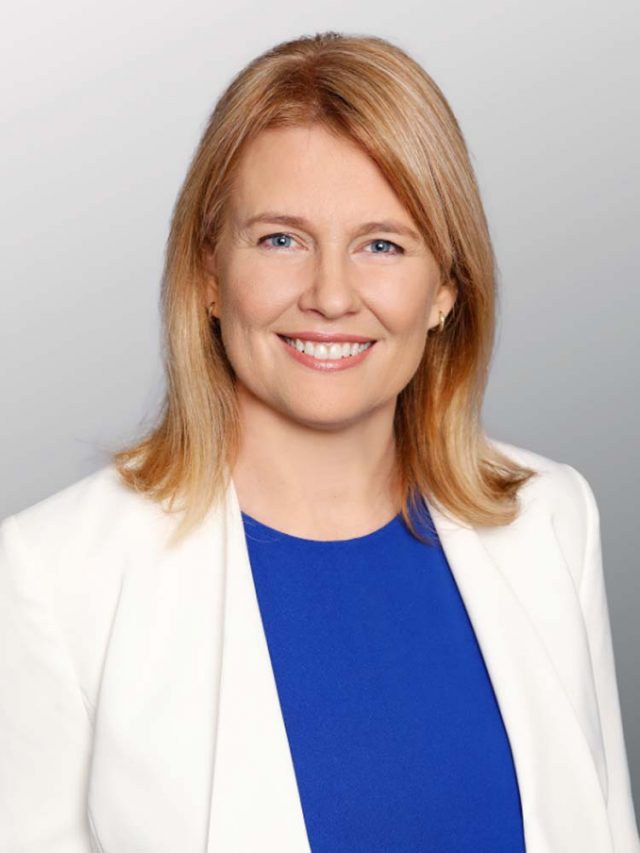So, you’ve finally made it to retirement. While you’ve always thought about the dream retirement lifestyle – perhaps that involves a sea change and strolls along the beach every morning, you now begin to contemplate the logistics of embarking on that retirement dream.
Should I downsize?
How can I make the most of my retirement income?
Will I be able to manage the cost of living in retirement?
Joining us to help us better understand these common questions is Lifestyle and Care Financial Adviser, Kerri Mendl, from Alteris Financial Group. Kerri has spent many years helping individuals and couples to understand the costs of moving into a retirement community and rightsizing with confidence.

Why should I move into a retirement community? Isn’t that like an old people’s home?
A Retirement Living community is not the same as an Aged Care residence. In a retirement living community, the focus is on lifestyle, independence, security, and a sense of belonging. In most retirement communities, home and garden maintenance is taken care of, leaving you plenty of time to enjoy the shared facilities, such as pools, library, cafes, and social and lifestyle programs. Taking into consideration the fact that dwellings in these communities can be cheaper than similarly sized private properties, the cost of retirement community living can be an attractive proposition.
Kerri explains how the transition to a retirement living community can provide an enviable lifestyle with some extra cash in your pocket.
“Selling the former home to ‘rightsize’ to a retirement community can free up equity. This can present an extra income to spend on a new car, a big holiday, help with medical expenses, or simply to fund your dream retirement lifestyle activities.”
How much does retirement community living cost? Isn’t it expensive?
Retirement living fees can be confusing at first glance, but after speaking with a financial adviser, you might find that buying into a retirement community could be the most economical option for you. Most retirement communities will charge an ingoing fee (or entry fee), which is the price of the home you will live in, an outgoing fee (also referred to as an exit fee or deferred management fee), paid when or if you leave the community, and an ongoing fee (service fee) related to maintenance and general running costs.
“For many, they understand the ingoing and outgoing fees, but I am often asked about the ongoing fees of living in a retirement community.”
“The best way to explain them is that they are similar to the body corporate fees for an apartment. The general services charge and the maintenance reserve fund ensure your new home and the common areas are well maintained. The onsite management take care of all the maintenance, even the leaky taps.”
“It’s also important to note that operators are not allowed to make a profit from these ongoing fees.”

What if I sell my house? Will that mean I can’t get the age pension?
If you are planning to rely on the age pension to supplement your income in retirement, you will have to consider how the sale of your property will affect your eligibility for the pension. Because everyone’s situation is different, it can be helpful to discuss your finances and how you plan to use them with a qualified expert. A financial adviser can help you understand exactly how your assets, savings, and investments can best work together to meet the cost of retirement community living.
“Some people are surprised to lose their pension following the sale of their house, so it pays to find out first if your pension will reduce so you can consider your options and make plans.”
“Fully self-funded retirees have assessable assets over $622,250 for a single person or $935,000 for a couple. Centrelink expects that people with these assets can support themselves and do not require government support.”
“Remember, if you do lose your pension you can still access some government support in other forms. The Commonwealth Seniors Health Card assists with cheaper prescription medicines and bulk billing. There’s no asset test and there are generous income test limits.”

Who can I talk to so as to find out more about the costs involved?
If you have a particular location in mind for your retirement, it is important to connect with potential retirement communities in that location. Each of TriCare’s Retirement Living Communities have full-time Village Managers that can provide village tours and discuss retirement living fees, as well as any ongoing costs. Once you have that information you can take it to an expert.
A financial adviser can also be great counsel for navigating the unique opportunities and challenges governing the cost of living in retirement.
“Expert advice will help you understand your options and give real answers needed to make decisions that are right for you and your priorities,”
“Those priorities might be ensuring that not only do you have plenty of income to do everything you want whilst leaving a lasting legacy for your family, but also ensuring that if you have higher medical needs or even need to enter aged care down the track, that you can get the care you want when you want it.”
Kerri Mendl is an expert Lifestyle and Care Financial Adviser from Alteris Financial Group. For more information visit https://alteris.com.au/
Have your sights set on one of our Retirement Living Communities? Book a Private Tour and your Village Manager can answer any questions you may have.




